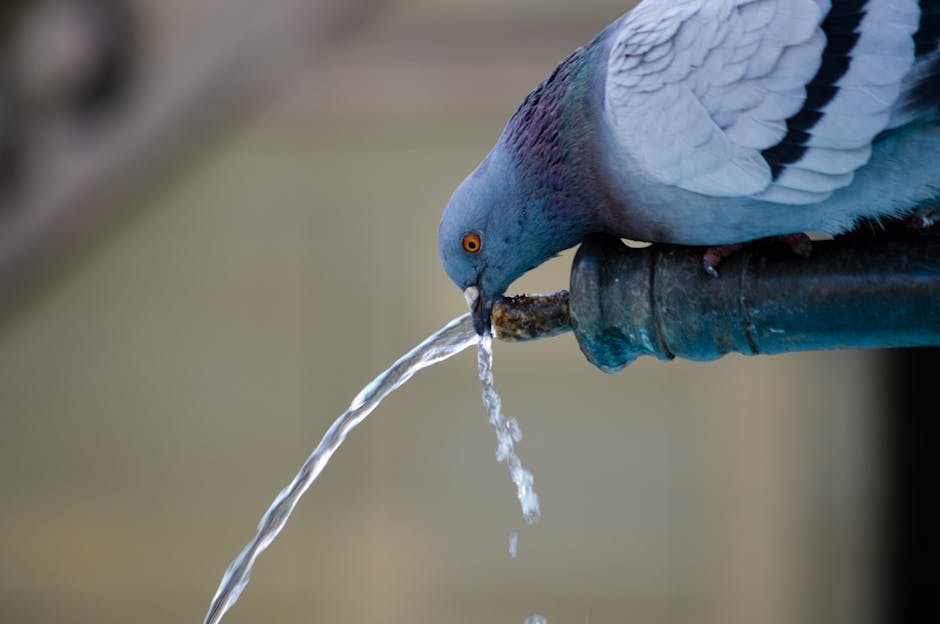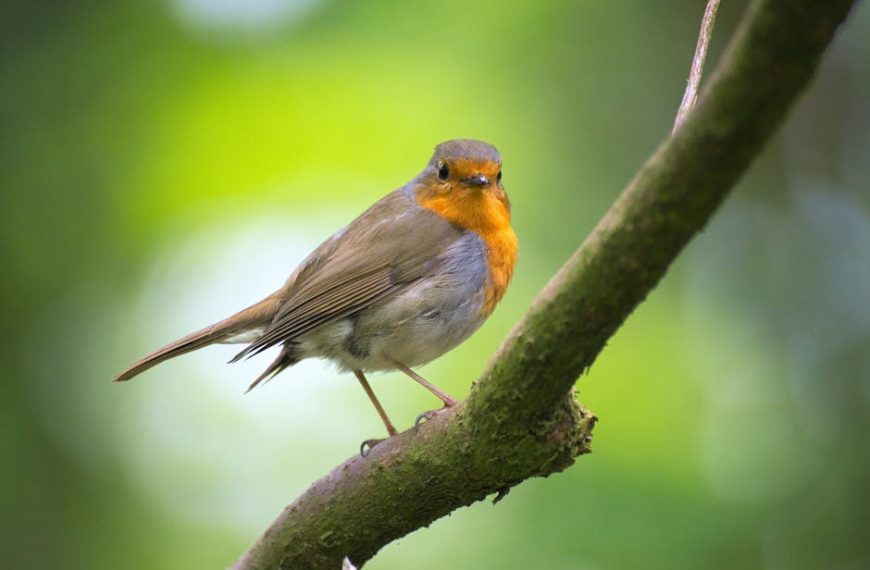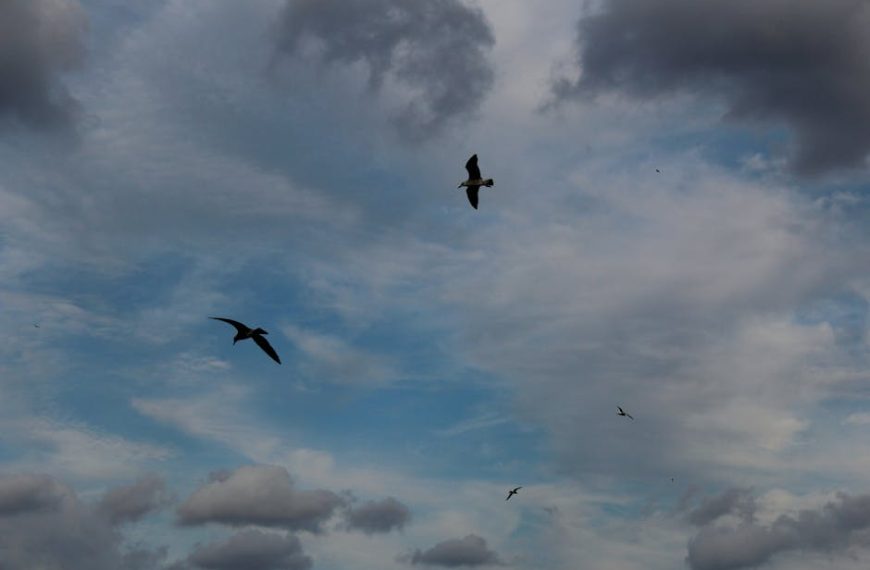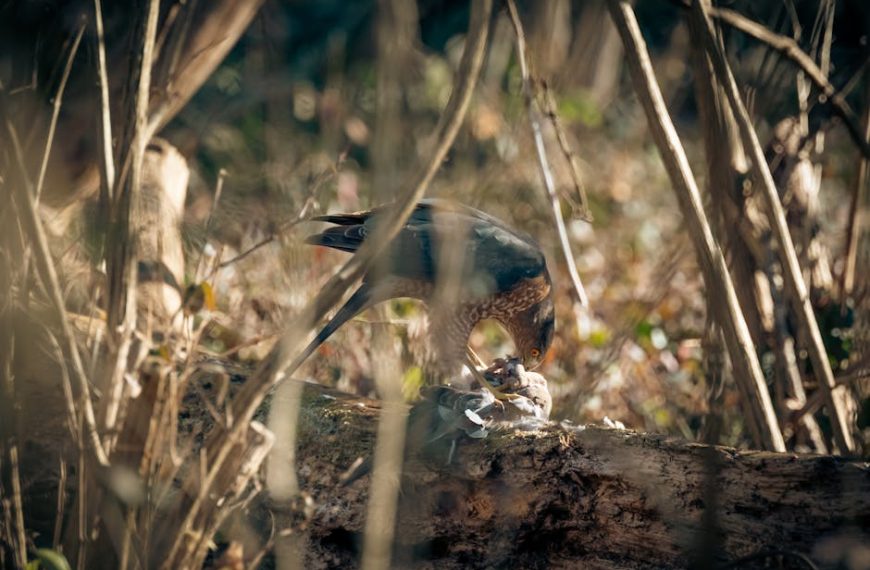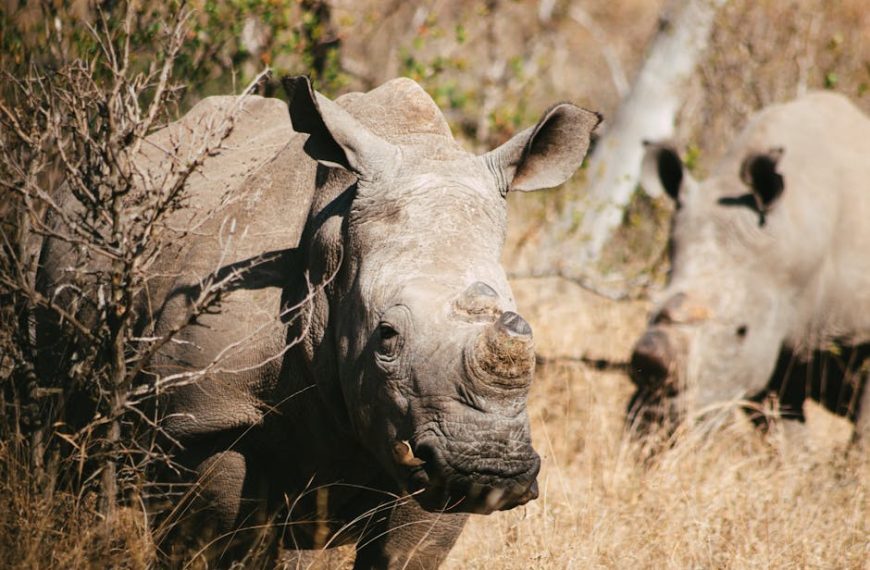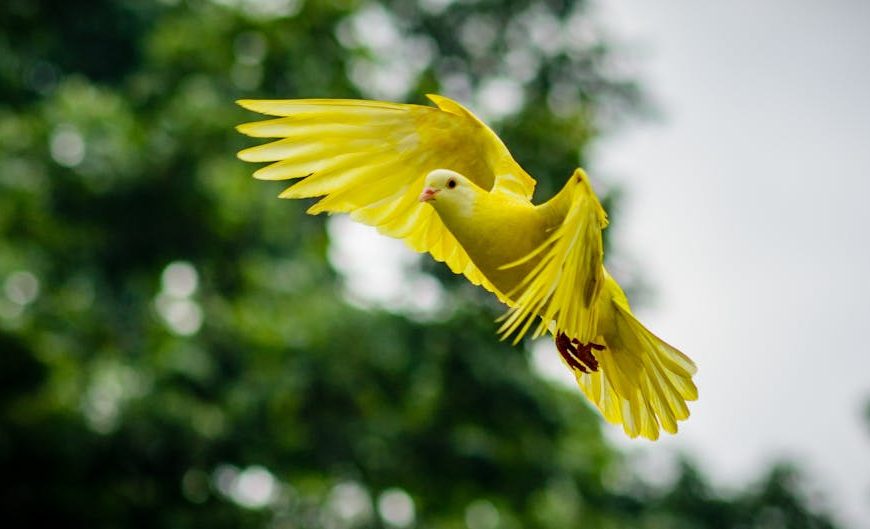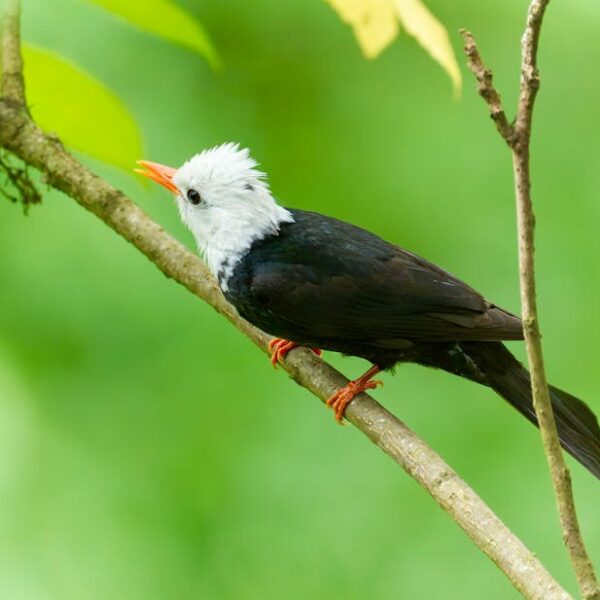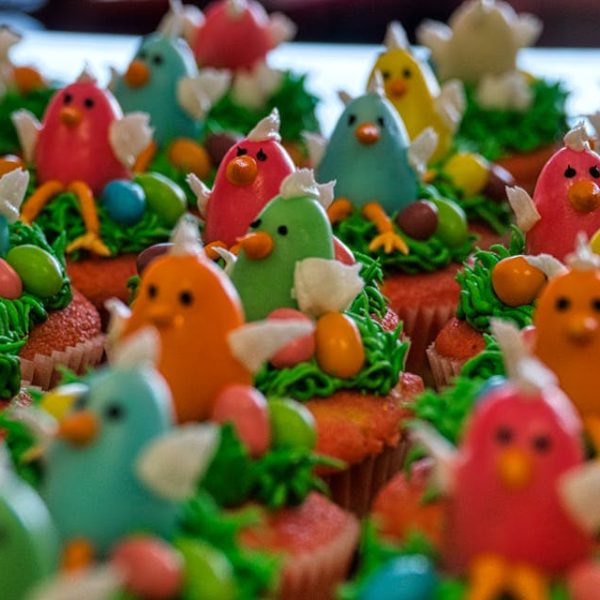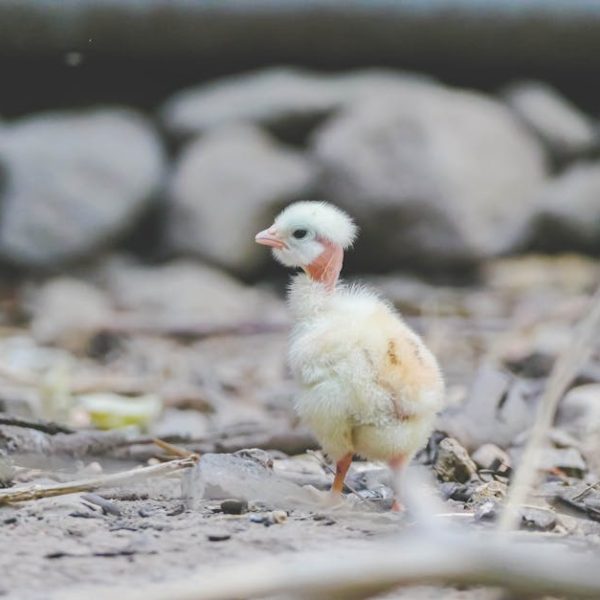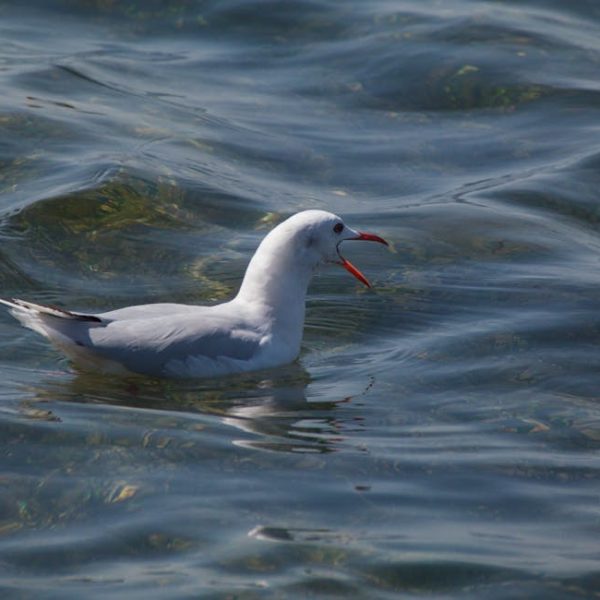In the intricate web of nature, inter-species interactions can sometimes come with unexpected aggression. One such surprising conflict you may have witnessed involves a winged creature attacking a furry backyard regular – yes, we’re talking about a bird attacking a squirrel. But why exactly do birds attack squirrels? To paint a clearer picture of these natural feuds, we’ll delve into some of the main factors driving them.
Territoriality and Protecting Resources
In the wild, territorial behavior is a commonplace survival strategy. Birds, especially those nesting, may attack squirrels that venture too close to their territory. That perceived threat to their nest or food source can trigger aggressive behavior.
Pro tips: If you’re keen on observing these territorial displays, remember to respect the wildlife’s space. Keep your distance, be as quiet as possible, and never attempt to interfere in the interaction.
Here’s a checklist of signs you might see when birds display territorial behavior:
Predator-Prey Relationships
In some cases, the bird-squirrel interaction isn’t an act of defense but an act of offense. Certain bird species, such as owls and hawks, are predators of squirrels. These bird of prey see squirrels not as nuisances, but as potential meals.
Consider the following predatory bird behaviors:
Comparing these behaviors of different bird species further allows us to understand the dynamics between birds and squirrels. Some birds may solely rely on the element of surprise, while others may engage in a chase.
Protecting Offspring
Another reason for birds’ aggressive responses towards squirrels is the instinct to protect their offspring. If a squirrel gets too close to a bird’s nest, the bird parents may perceive it as a threat and attack to protect their young ones.
Pro Tip: If you notice a bird attacking a squirrel near its nest, it’s best not to intervene. Doing so could potentially escalate the situation and may harm the animals more.
Following proper guidelines ensures you act responsibly in areas with nesting birds:
It’s important to remember that this is part of the natural dynamics in the animal kingdom and how survival instincts are exercised among different species.
This is the first part of the 3-part article. Continue on with the rest of the content in the next part. #NAME?
Key Takeaway:
- Birds mainly attack squirrels to protect their territory or to safeguard their offspring.
- Certain bird species see squirrels as prey as a part of the natural food chain.
- Reactive aggression from perceived threats or provocation can also trigger birds to attack squirrels.
- Human interference, such as habitat destruction or feeding, exacerbates bird-squirrel conflicts.
Understanding these natural interspecies interactions helps us appreciate the intricacies of wildlife behavior. It’s important that we respect these margins and avoid unnecessary interventions that might disrupt the balance. By reducing our impact on wildlife and responsibly observing these fascinating interactions, we can contribute more positively to their survival and wellbeing.
FAQs
Q: What type of birds most frequently attack squirrels?
A: Birds like hawks, owls, and certain larger species known for their territoriality or protecting their offspring are more likely to attack squirrels.
Q: Can feeding squirrels in my backyard trigger bird attacks?
A: Yes, feeding squirrels can attract them to your backyard, which could incite territorial birds to attack if they perceive the squirrels as threats.
Q: Is a bird attacking a squirrel a common occurrence?
A: Yes, it’s relatively common as it’s part of the territorial, predatory, and defensive behaviors in nature.
Q: Can I intervene when a bird starts attacking a squirrel?
A: It’s best not to. These are natural behaviors, and your intervention could potentially escalate the situation and harm the animals more.
Q: How can I minimize the likelihood of bird-squirrel conflicts in my yard?
A: Avoiding feeding wildlife and maintaining distance from nesting areas can minimize potential conflicts.
Make sure to share this article and explore more on our website to deepen your understanding of fascinating wildlife behaviors!
